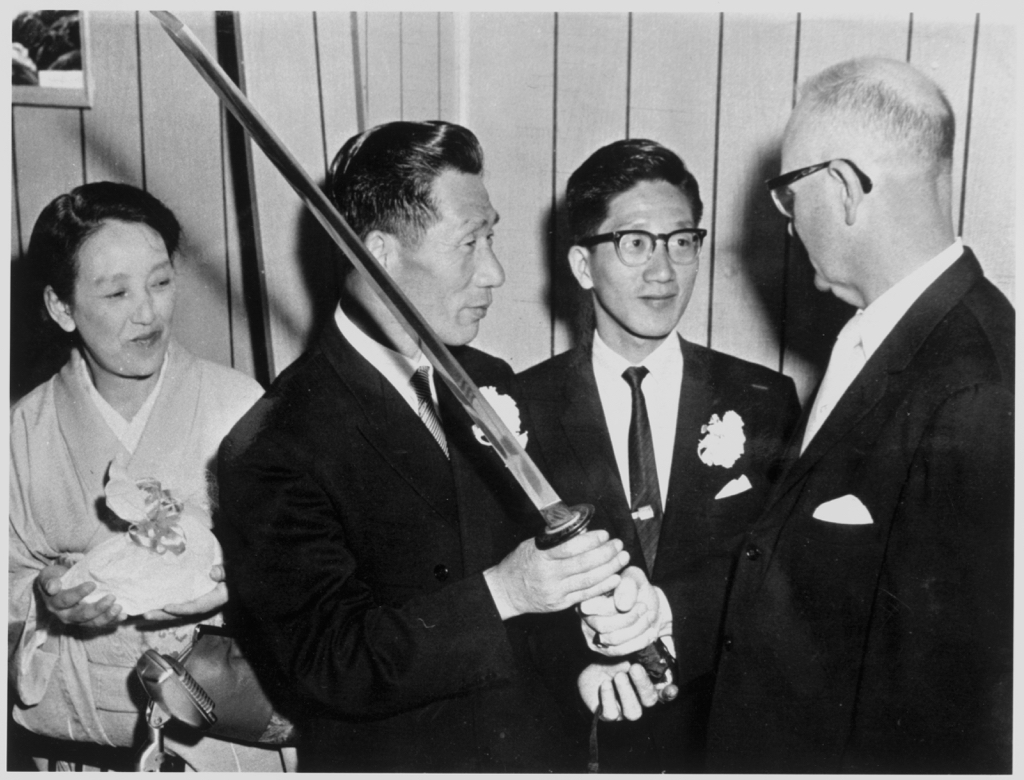It has been a precious commodity for Eugene the past 16 years. Now the Archaeology Channel International Film Festival, Lane County’s longest running film festival, which is organized by the Eugene-based nonprofit Archaeological Legacy Institute (ALI), opens its five-day run May 13, all of it easily accessible online.
True, there was supposed to be a banquet, a keynote speaker and live film screenings in theater-type seating at The Shedd, but Rick Pettigrew, the festival director and ALI’s executive director, notes that the festival is adaptable to the current “stay-in-shelter” mandates.
“We did it very reluctantly,” Pettigrew says of the format change. “It was a sad thing to do. It took a lot of thought and deliberation.”
But, he adds, “We’re pre-adapted to doing things online. For us, we’re kinda excited about it.”
Indeed, Pettigrew touts that ALI and the festival have used the internet to upload films after festival runs since the festival’s start in 2003. The conversion to a full-time gathering online during the coronavirus pandemic was fairly simple, he says.
And the result for this year’s 17th edition of the festival is impressive. There will be at least 23 films shown each day for the five-day run, and they cover historical issues, people and structures from around the world.
“I would put our festival against anyone in the world content-wise,” Pettigrew says. “We have more diversity.”
This year’s lineup includes a film about lost Italian art during World War II (Art in War), the story of the Bruniquel Cave that was discovered in France in 1990 (Neandertal: The Mystery of Bruniquel Cave), a profile of photographer Lucio Rosa in Libya (The “Boy” with the Nikon) and an Iranian documentary that explores the influences of two great poets (Hafez and Goethe).
Also, there’s an Oregon-based story of WWII Japanese pilot Nobuo Fujita (Samurai in the Oregon Sky), a look at HistoriCorps and its ongoing efforts to preserve remote historical structures (Saving Places) as well as a close look at the perceptions and interpretations of gender (Theirstory).
Pettigrew emphasizes that all of the festival’s films draw the viewers into the interconnectedness of past and present. They “break through the amnesia of the human race,” he says. “This is the story about us.”
The Archaeology Channel International Film Festival is May 13-17. Each day’s viewing is $5. More information about the festival, including a synopsis of all the films, is at ArchaeologyChannel.org.
Help keep truly independent
local news alive!
As the year wraps up, we’re reminded — again — that independent local news doesn’t just magically appear. It exists because this community insists on having a watchdog, a megaphone and occasionally a thorn in someone’s side.
Over the past two years, you helped us regroup and get back to doing what we do best: reporting with heart, backbone, and zero corporate nonsense.
If you want to keep Eugene Weekly free and fearless… this is the moment.
